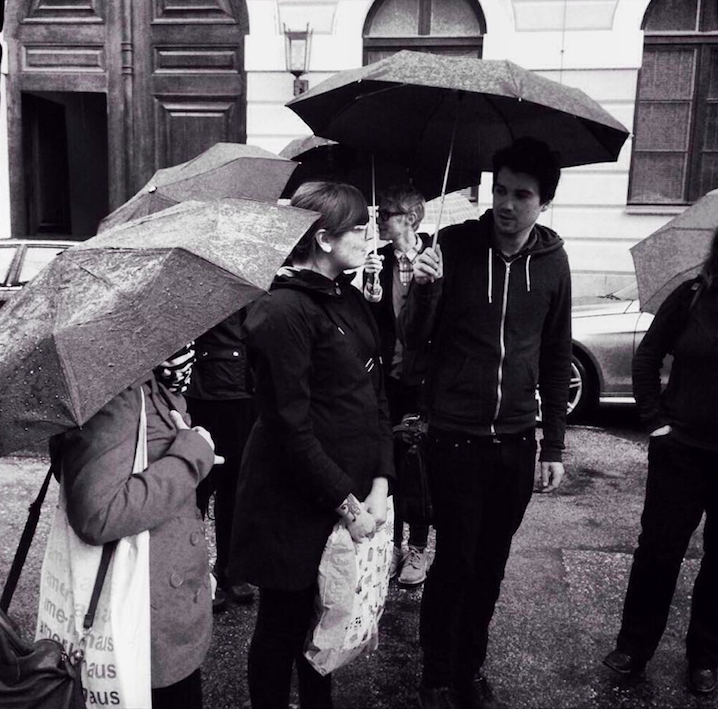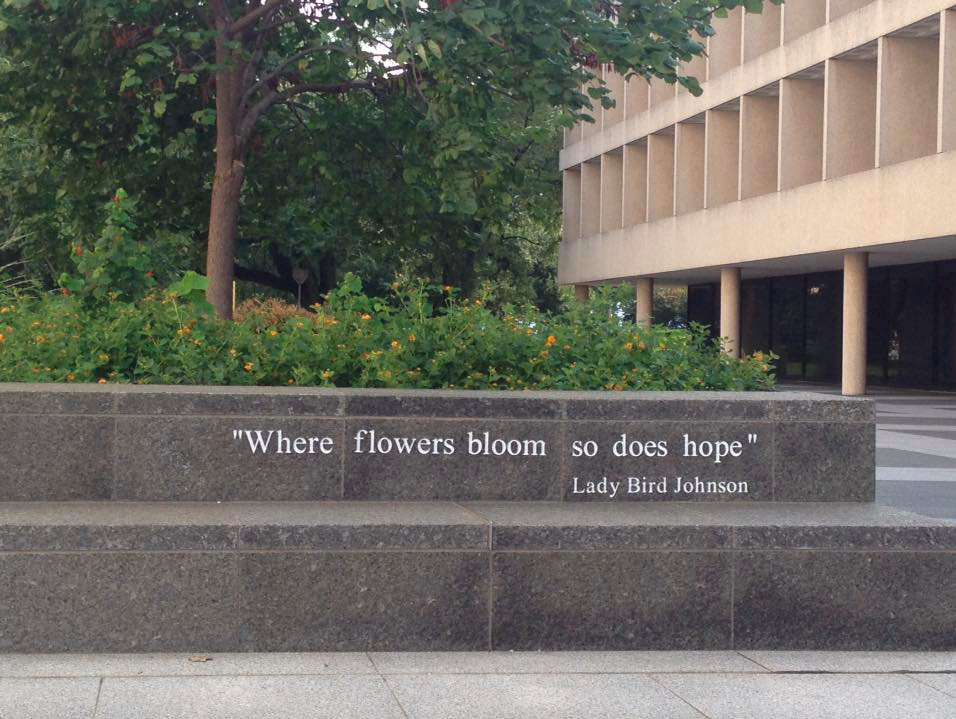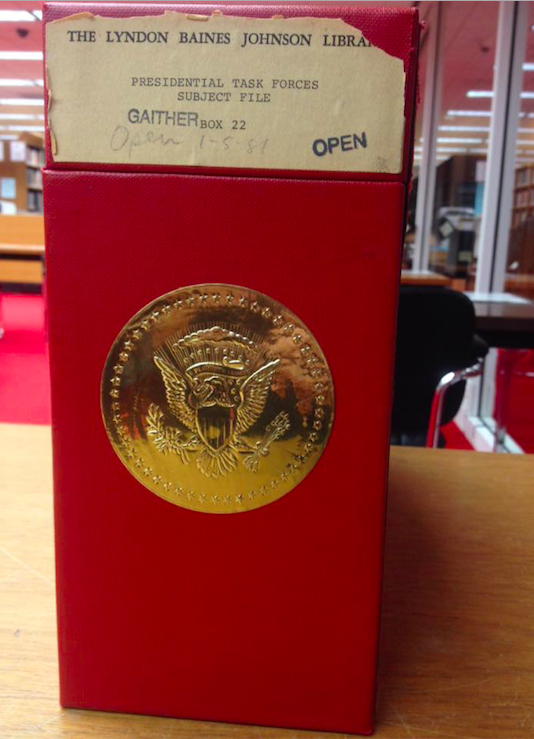Ph.D. student Andrew Hnatow shares his research journey
Ph.D. history student, Andrew Hnatow, shares his research journey as he departs for a position at the University of Texas at Austin Press.

I originally planned to go to college for musical composition but a series of engaging high school history teachers led me to declare a major in history before my first semester.
Along the way, I picked up a second major in French. Beginning in high school, I had an interest in the cultural and political history of the 1960s and while an undergraduate, I gravitated toward intellectual history and the history from below as well. The latter was one of the large reasons I ended up choosing to pursue graduate studies at Wayne State. My M.A. essay was on the New Left and its relationship to organized labor.
For my dissertation, I expanded to look at the urban crisis following the Second World War, segregation and deindustrialization and responses by locally-commissioned urban planners and Federal policy writers under the Johnson administration.

I've extensively used the collections at the Reuther Library on campus (another large reason I wanted to study at Wayne), but have also spent a fair amount of time at the LBJ Presidential Library. I've used a variety of archival materials, ranging from white papers and office memos of the LBJ administration to local union meeting minutes and newsletters. I've looked at the research and proposals of the internationally prominent urban planner Constantinos Doxiadis, who, in addition to many other ideas, proposed placing a giant glass dome over the city of Detroit.
Some of my favorite documents to work through were those of a civil rights group in Grosse Pointe in the 1960s, which worked to confront segregation and racism in their community. Among other activities, they brought Rev. Dr. Martin Luther King, Jr., to speak in the spring of 1968, only a few weeks before his assassination in Memphis. King said afterward that he received the worst heckling of his life during that talk.

As we live in a world that is largely urban and only becoming more so, the conditions of life in our cities matter greatly. All too often, solutions to urban ills center around moving the problems out of sight and out of mind - instead of addressing the roots of poverty, for instance, it is easier to relocate impoverished city residents to the outskirts of the city or into scattered suburbs. It is impossible to grapple with inequalities within metropolitan areas without grappling with the history and legacy of racial inequalities or large-scale changes in economic structures, yet frequently we do just that. It is unsurprising, then, that these questions have risen to the forefront, yet again, of American politics and social relations. They are fundamental to our social well-being and we must engage with them if we are to move forwards as a democratic and urban society that strives for the well-being of all its members.
In addition to pursuing historical studies, I've had the good fortune to participate in summer academies in Munich, Regensburg, Nuremburg, Vienna and Miami. A number of these have been in American Studies, leading to a broader engagement with literary and cultural studies from an international perspective. This has partly contributed to my decision to seek a career in academic publishing, as an acquiring editor.
I interned at the WSU Press last summer, through an NEH Next Generation PhD grant. As I approach finishing my dissertation, I am thrilled to say that I've accepted a position as an editorial assistant at the University of Texas Press, in Austin, helping to acquire titles in Latin American and pre-Columbian studies, Latin American history, Latinx studies, anthropology, archaeology, nature and environment, food studies, music and regional interests.